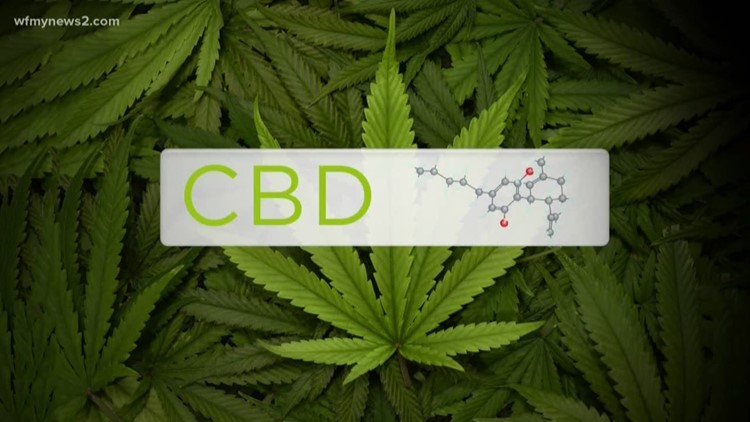As food safety regulators push to enforce existing laws to protect public health, CBD-infused products offered at several businesses in North Carolina may soon be fading away.
CBD stands for cannabidiol, which is a chemical compound found in the plant cannabis sativa. Unlike THC, CBD does not have any conscious-altering effects.
Some claim CBD may have beneficial effects for certain mental health pain conditions, not to mention the FDA-approved use to treat two severe forms of epilepsy.
However, starting February 11, state regulators plan to send warning letters to businesses that are selling CBD-infused products
“CBD is now a drug, so it is illegal to add a drug to food,” said Joe Reardon, Assistant Commissioner for Consumer Protection with the Department of Agriculture and Consumer Services.
Adding that the FDA approval of the CBD-based drug Epidiolex to treat severe epilepsy changed how the chemical was regulated.
According to Reardon, at least three types of CBD uses are illegal under FDA law including CBD added to food products, unregulated health claims about CBD, and CBD that is included in a nutritional supplement.
Tinctures of CBD oil, concentrated liquid, or herbal extract not considered a nutritional supplement or food still remain legal because they fall outside the existing laws and regulations.
“FDA has not deemed those products as illegal at this point,” said Reardon. “FDA has not provided regulatory guidance on these products.”



